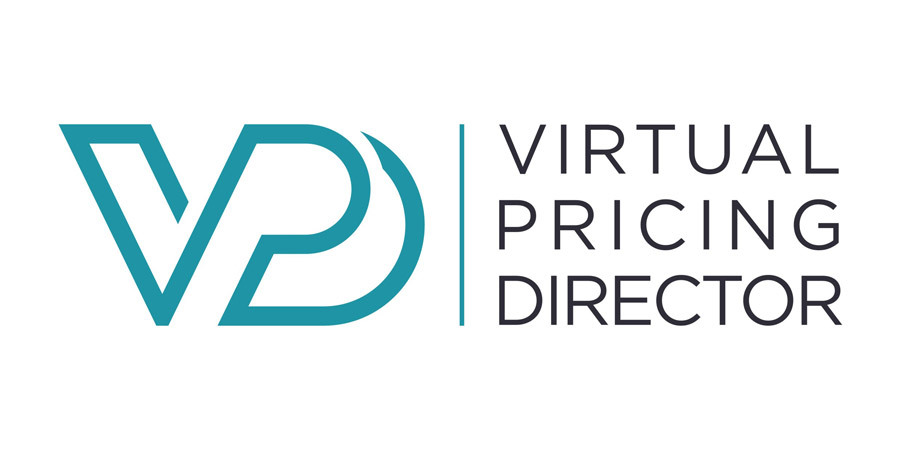In this guest blog post Chrissie Lightfoot – The Entrepreneur Lawyer - is interviewed by Preston Clark. Preston is a New York based attorney, business consultant and creator of TheLawInsider.com law blog http://www.thelawinsider.com.
A version of this article / interview was first published in TheLawInsider.com and EntreprepreneurLawyer on 29th September 2012.
By Preston Clark
For an attorney, the decision to go solo is never an easy one. Whether you’re a seasoned veteran of the legal profession or a brand new JD, you will face many of the same challenges when starting a law firm. Traditional legal education does not teach attorneys to be entrepreneurs—and let’s face it, that’s exactly what it means to go solo. Marketing, branding, client acquisition, client management, customer service, hiring, billing, accounting, corporate structure—the to-do list of a solo practitioner is vast and complex. With so many of our readers representing this new and bold group of attorney-entrepreneurs, we wanted to get some advice from an expert.
Chrissie Lightfoot is a UK based attorney turned entrepreneur. She is CEO of legal consultancy EntrepreneurLawyer Limited, author of the pioneering, groundbreaking book ‘The Naked Lawyer: RIP to XXX – How to Market, Brand and Sell YOU!’ and creator of the ROAR Experience sales programme. TheLawInsider.com invited Chrissie to address a few of the most common questions we hear from our readers.
What’s more important: a nice office or a nice website?
“There was a piece of in depth research entitled ‘What clients really want from a legal service provider’ carried out by Peppermint Technology, Legal Futures and Legal Technology Insider (supported by Microsoft, Epoq, Oyez and NatWest) and published in Autumn 2011; arguably it was the first fully comprehensive research into the role of the customer experience in legal services post the Legal Services Act in the UK.
Those participating in the research were asked ‘if you were purchasing legal advice, how important would you consider the following factors?, and included ‘where their office is located’ as one of the six factors. Only 3% of respondents considered office location, and arguably ‘nice office’ as an important factor. Granted, office location is not the same as ‘nice office’, however, 53% of respondents replied ‘I know and trust a partner that works for the firm’ as being of prime importance.
Furthermore, when participants were asked: ‘how would you go about finding a legal service provider?, 24% replied ‘I would search the web’. In my professional opinion, if a ‘nice website’ which is efficiently optimised through quality SEO (search engine optimisation) and SMO (social media optimisation) can effectively convey the knowledge, trust and experience of the firm’s individual lawyers to match what the client is looking for in relation to the potential expertise provided by the firm through its individual lawyers, whilst at the same time assist in a quality customer experience even before the first ‘human’ contact, then I believe that a ‘nice website’ would trump ‘nice office’.
However, what I truly believes trumps both ‘nice office’ and ‘nice website’, is a bit of ‘nice real estate’ of crucial importance. That is, that which is the most valuable (and of value) for both client and lawyer / law firm; the intellectual property, intellectual capital and emotional intelligence which lies in between the individual lawyer’s ears; human capital.
Arguably, first and foremost, a client (prospective and existing) is attracted to the ‘trusted advisor’ personal brand of the human being. In my humble professional opinion the ‘niceness’ of bricks and mortar and ‘prettiness’ of a firm’s website is irrelevant in a digital age when knowledge, trust, experience and expertise can be conveyed face to face (in any physical or virtual environment) or at the interface through mobile devices. “
What’s the first hire a solo practitioner should make?
“That’s a tough question. I believe it will depend very much on the individual strengths, talent, skills, experience and expertise of the solo practitioner. As a solo practitioner you have to wear a multitude of hats and carry out many roles.
As I’m a great believer and advocate of playing to one’s strengths I would say that we must always focus on our strengths and natural talent and therefore perform those particular activities and skills. Accordingly, the first hire must bring to the party those strengths and natural talents which we lack, meaning the duo team dynamic is strength on strength. There’s no place for Jo Average and mediocrity in this unforgiving legal world, topsy-turvy global economy and challenging business environment. However, I would suggest that no company, whether a one man band or multi-national global law firm can exist without clients / customers. Accordingly, I’d have to say that the first hire ought to have client attraction and client retention skills aka the making of a rainmaker with a passion, energy and enthusiasm for this industry and the type of client, sector and service area the solo lawyer practices in.”
How do you become a rainmaker in a 2.0 environment?
“It is, and will continue to be, a volatile, highly competitive, price sensitive, technological, digitised, dynamic and challenging legal market. Accordingly, it is imperative that we lawyers learn (quickly) how to market, brand and sell ourselves and see this as an integral part of our professional development rather than pay lip service to it. This requires (initially) a paradigm shift in addressing what one’s every day role is, and appreciating that rainmaking (and business development) is a key role for each and every one of us at whatever stage of our career.
I would suggest that the best way to become a rainmaker in a 2.0 environment is to develop key entrepreneurial, intrapreneurial (being entrepreneurial within the workplace), technological / digital, commercial and rainmaking skills as quickly as possible. Top this off with extraordinary customer service, relationship marketing (Unmarketing), relationship sales (Unsales), communication, social media and social networking skills - aka rainmaker skills - and combine with ‘empathy’, the ability to put oneself in the client’s / customer’s shoes, and we - tomorrow’s lawyers - will be prepared for the challenges of today.
For example, a successful rainmaker in a 2.0 environment will use a mix of all of the above, plus traditional marketing, sales, PR and communication skills, and then take full advantage in using sophisticated ‘business development technology’ within innovative law firms in the form of Customer Relationship Management (and Client Analytics) systems alongside pricing and billing systems to monitor, analyse, identify and continually ‘touch’ clients of value (existing and potential).
If we take the ROAR programme – a (human) professional development sales programme which unlocks rainmaker and commercial potential (in essence it is a face to face personal brand, marketing and sales course which includes social media and social networking strategies and activity – 2.0 environment) – it is possible to record activity and data, track, monitor, analyse, re-focus and prompt activity (during the course and up to 6 months after – and beyond) using software. Such a rainmaker programme which focuses on developing the human behaviour aspect of becoming a rainmaker lawyer when combined with highly sophisticated technological systems can be highly beneficial to aid informed decision-making in relation to tendering, pitching, target marketing (targeting companies and individuals within them), sectorisation and niche focus, the best use of marketing budgets and evaluation of growth plans. Providers of such systems include Sky Analytics, Peppermint Technology, Winscribe, Salesforce and Redwood Analytics / Lexis Nexis (the granddaddy which integrates the whole lot).
If, as lawyers, we are to continually (and effectively) engage with prospective and existing clients and therein build extraordinary client relationships to achieve repeat instructions of value for ourselves, our colleagues and businesses of law, then I believe it is crucial to have these kind of rainmaker skills. Furthermore, to be a highly successful rainmaker lawyer in a 2.0 environment of paramount importance is the ability to be able to deliver extraordinary client service by exploiting technology and using digital communication methods, processes and tools.“

